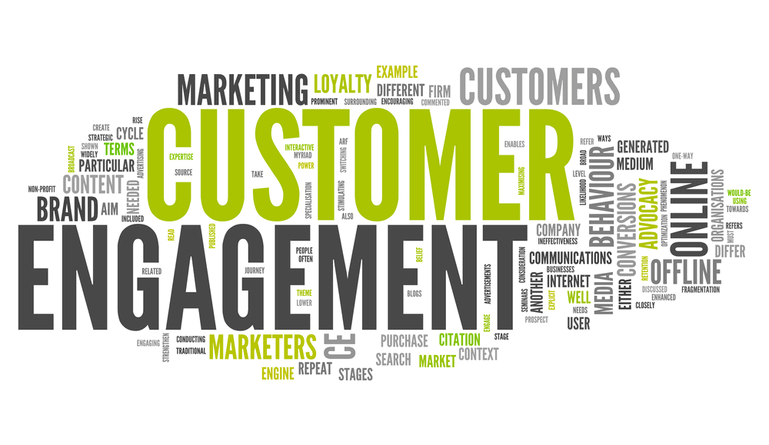Customer Engagement
Customer Engagement
What is Customer Engagement?
Definition:
Customer engagement refers to the ongoing interaction between a company and its customers, aimed at fostering brand loyalty, satisfaction, and advocacy. It involves understanding customers’ needs, preferences, and behaviors to create meaningful experiences that encourage repeat business and positive word-of-mouth.
Analogy:
Think of customer engagement as a dance between a business and its customers. Just as partners in a dance communicate, anticipate each other’s moves, and respond to cues, businesses engage with customers through various channels, listening to their feedback, addressing concerns, and providing valuable experiences.
Further Description:
Customer engagement encompasses a range of activities and interactions:
- Communication Channels: Businesses utilize multiple channels such as social media, email, live chat, and phone support to engage with customers across various touchpoints.
- Personalization: Tailoring products, services, and communications to meet individual customer needs and preferences enhances engagement and fosters a sense of connection.
- Feedback Mechanisms: Soliciting and acting upon customer feedback demonstrates attentiveness and commitment to improvement, strengthening the bond between businesses and their clientele.
- Community Building: Creating forums, discussion groups, or online communities allows customers to interact with each other and with the brand, fostering a sense of belonging and loyalty.
Key Components of Customer Engagement:
- Understanding Customer Needs: Insight into customers’ motivations, pain points, and preferences is essential for designing engagement strategies that resonate with them.
- Proactive Communication: Initiating communication with customers, whether to provide updates, seek feedback, or offer assistance, demonstrates attentiveness and builds rapport.
- Value Creation: Providing valuable content, resources, or experiences that go beyond the transactional aspect of business fosters goodwill and strengthens the relationship with customers.
- Consistency: Consistent engagement across all touchpoints and throughout the customer journey reinforces trust and reliability, encouraging long-term loyalty.
Why is Customer Engagement Important?
- Customer Retention: Engaged customers are more likely to remain loyal and make repeat purchases, contributing to long-term profitability.
- Brand Advocacy: Satisfied and engaged customers become advocates for the brand, sharing positive experiences with others and amplifying its reach through word-of-mouth.
- Feedback Loop: Effective engagement provides valuable insights into customer preferences and behaviors, informing strategic decisions and driving innovation.
- Competitive Advantage: Businesses that prioritize customer engagement differentiate themselves in a crowded marketplace, attracting and retaining customers in the face of competition.
Examples and Usage:
- Apple: Through its user-friendly products, personalized customer support, and vibrant online community, Apple fosters strong engagement among its customer base, leading to high levels of brand loyalty and advocacy.
- Starbucks: With its loyalty program, mobile app, and social media presence, Starbucks cultivates engagement by rewarding customer loyalty, soliciting feedback, and creating a sense of community around its brand.
- Nike: Nike’s interactive NikePlus app, personalized recommendations, and exclusive member benefits engage customers beyond the point of sale, fostering a sense of belonging and commitment to the brand.
Key Takeaways:
- Customer engagement involves ongoing interaction between a business and its customers to foster loyalty and satisfaction.
- Components include understanding customer needs, proactive communication, value creation, and consistency.
- Engaged customers contribute to retention, advocacy, feedback, and competitive advantage.
- Examples like Apple, Starbucks, and Nike demonstrate effective customer engagement strategies in action.





